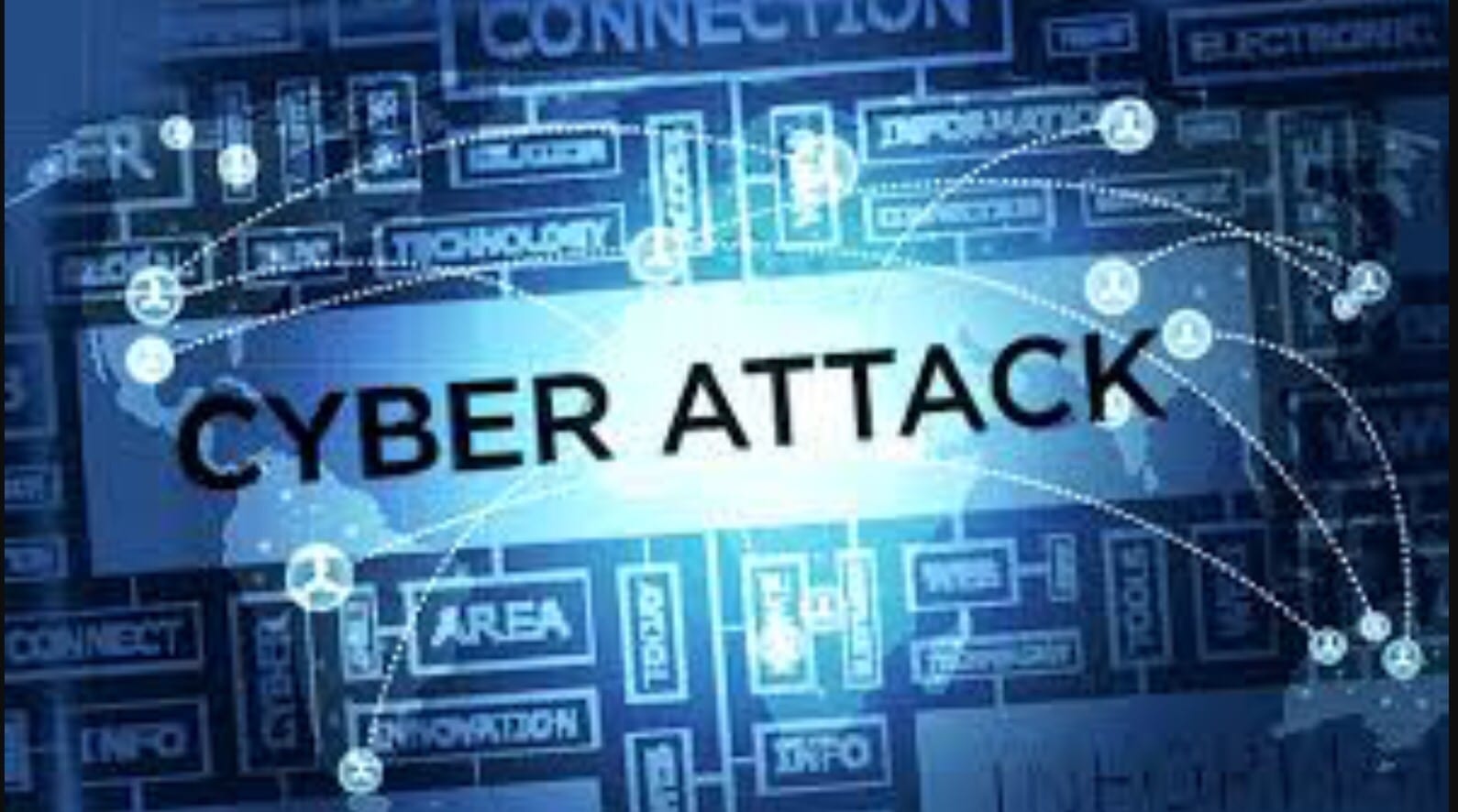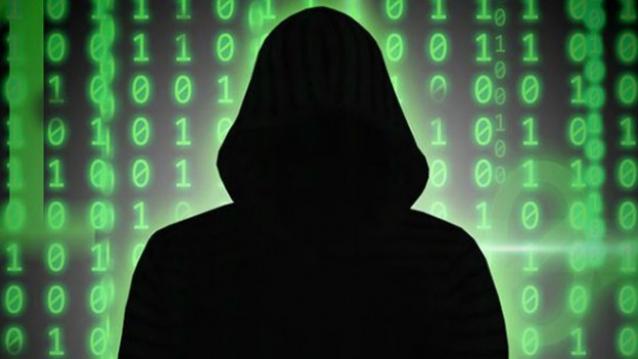
- Image via Wikipedia
A sophisticated “cyber-missile” highlights the potential—and limitations—of cyberwar
IT HAS been described as “amazing”, “groundbreaking” and “impressive” by computer-security specialists. The Stuxnet worm, a piece of software that infects industrial-control systems, is remarkable in many ways. Its unusual complexity suggests that it is the work of a team of well-funded experts, probably with the backing of a national government, rather than rogue hackers or cyber-criminals (see article). It is designed to infect a particular configuration of a particular type of industrial-control system—in other words, to disrupt the operation of a specific process or plant. The Stuxnet outbreak has been concentrated in Iran, which suggests that a nuclear facility in that country was the intended target.
This is, in short, a new kind of cyber-attack. Unlike the efforts to disrupt internet access in Estonia or Georgia (blamed on Russia), or the attacks to break into American systems to steal secrets (blamed on China), this was a weapon aimed at a specific target—it has been called a “cyber-missile”. One or more governments (the prime suspects are Israel and America) were probably behind it. After years of speculation about the potential for this sort of attack, Stuxnet is a worked example of cyberwar’s potential—and its limitations.
Much of the discussion of cyberwar has focused on the potential for a “digital Pearl Harbour”, in which a country’s power grids and other critical infrastructure are disabled by attackers. Many such systems are isolated from the internet for security reasons. Stuxnet, which exploits flaws in Microsoft Windows to spread on to stand-alone systems via USB memory sticks, shows they are more vulnerable than most people thought. The outbreak emphasises the importance of securing industrial-control systems properly, with both software (open-source code can be more easily checked for security holes) and appropriate policies (banning the use of memory sticks). “Smart” electricity grids, which couple critical infrastructure to the internet, must be secured carefully.
The Latest Streaming News: Cyberwar updated minute-by-minute








